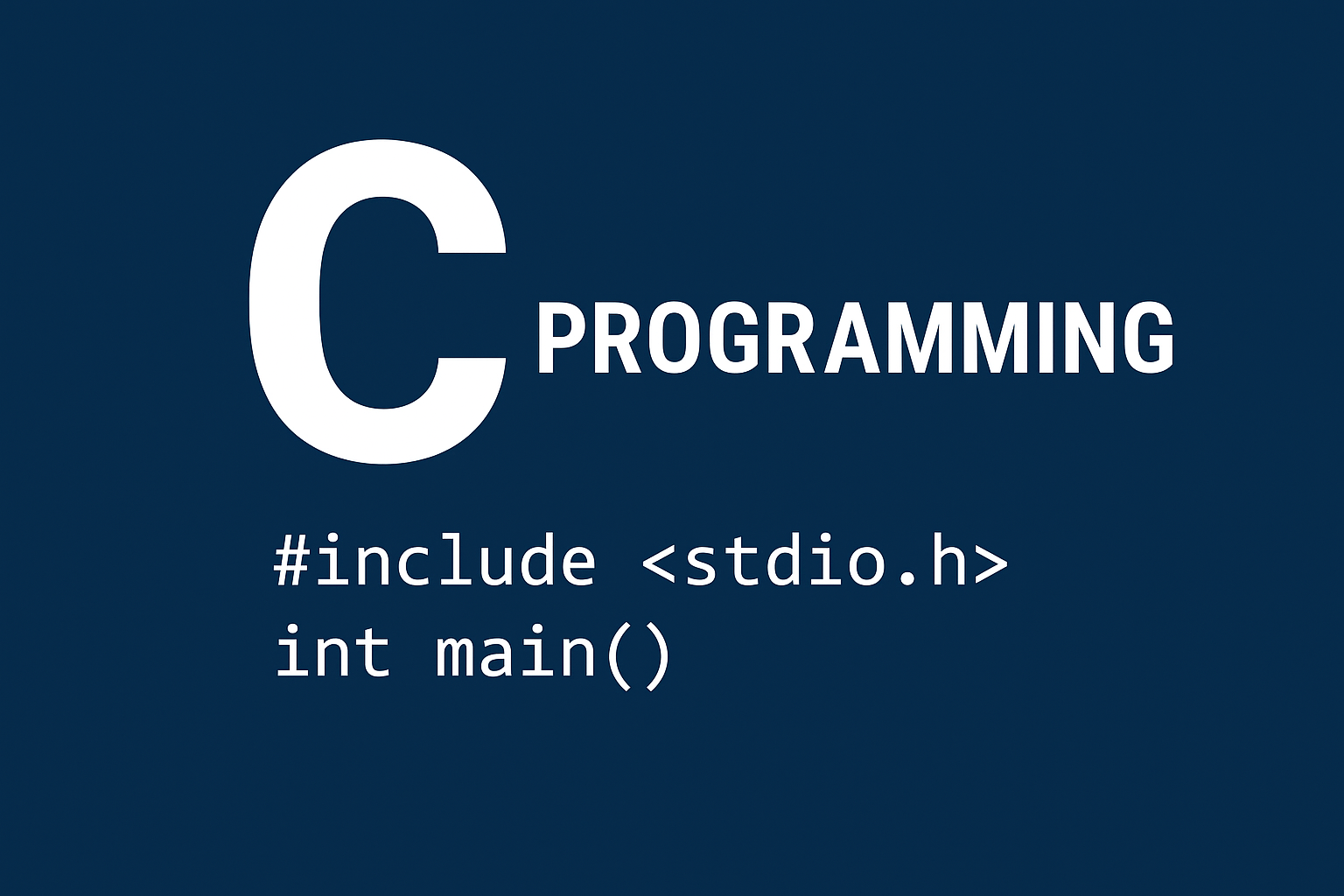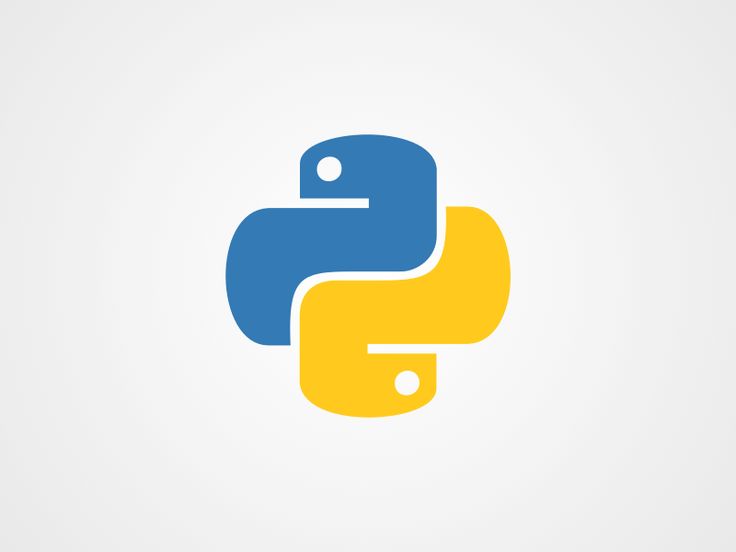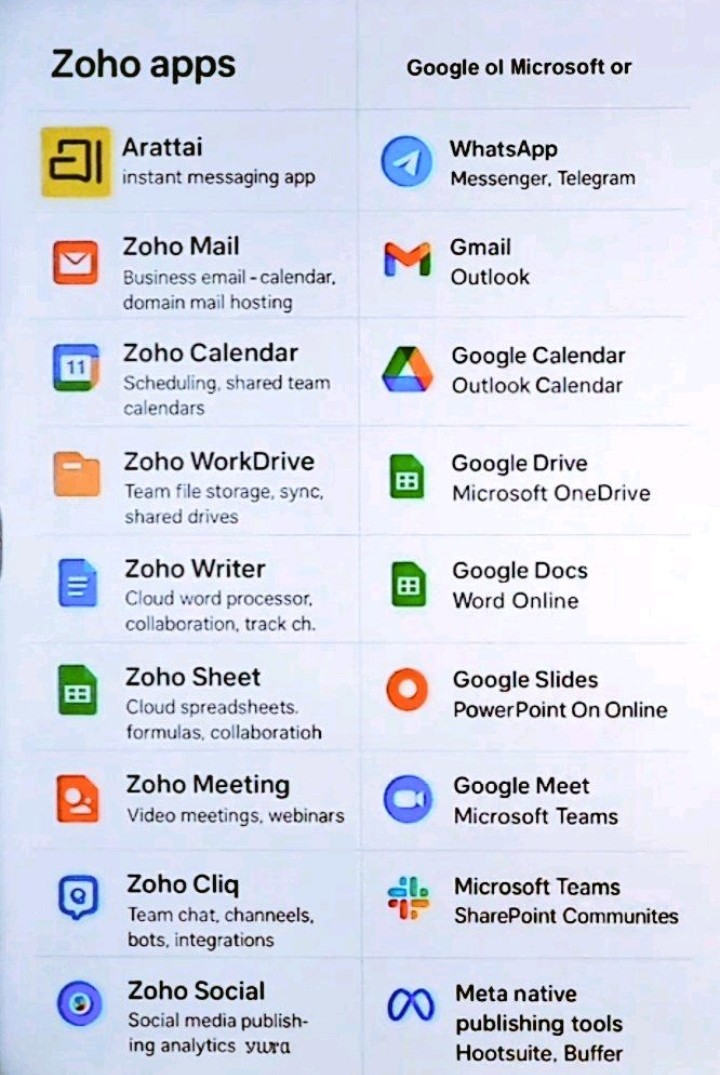-
Latest Update: New tutorials and tech news coming soon! Stay tuned at TechRouteBP.

C is a powerful, general-purpose programming language developed by Dennis Ritchie in the early 1970s at Bell Labs. It is widely regarded as the foundation of many modern languages like C++, Java, and Python, and is often called the “mother of programming languages.” C is simple yet efficient, combining the features of high-level languages with the ability to access low-level hardware, making it ideal for system programming, operating systems, embedded systems, and compilers. Its structured approach, portability, and rich library support allow programmers to write clean, reusable, and fast code.
Key Features of C
1. Simple & Powerful – Provides basic building blocks for writing efficient programs.
2. Structured Language – Programs can be broken into functions for clarity.
3. Portable – Code written in C can run on different machines with little or no modification.
4. Fast & Efficient – Closer to hardware, making it suitable for system level programming.
5. Rich Library Support – Provides many built-in functions.
6. Low-level Manipulation – Allows direct memory access using pointers.
Applications of C
• Operating systems (e.g., parts of UNIX, Linux, Windows)
• Compilers & interpreters
• Embedded systems (microcontrollers, IoT devices)
• Database systems (like MySQL)
• Game development
• Networking & drivers


